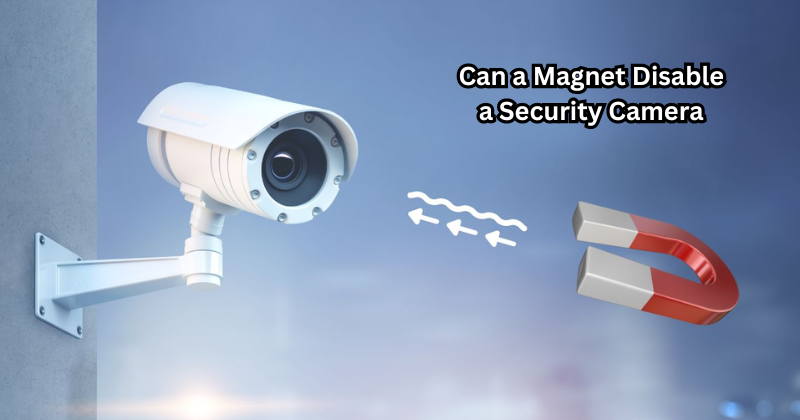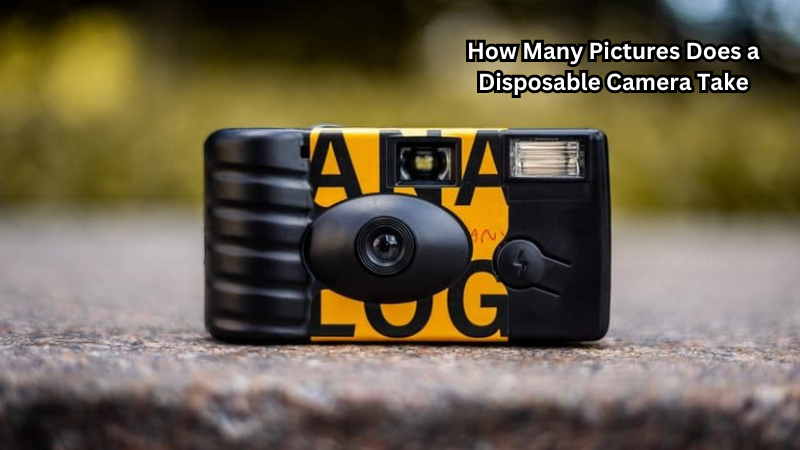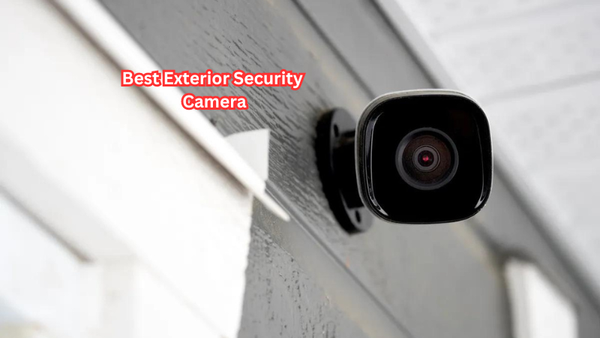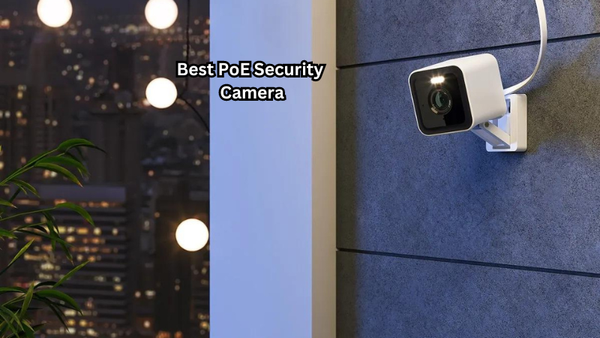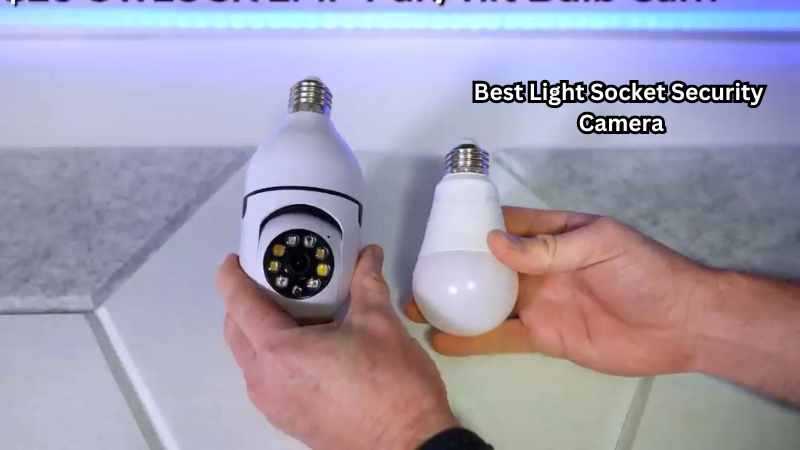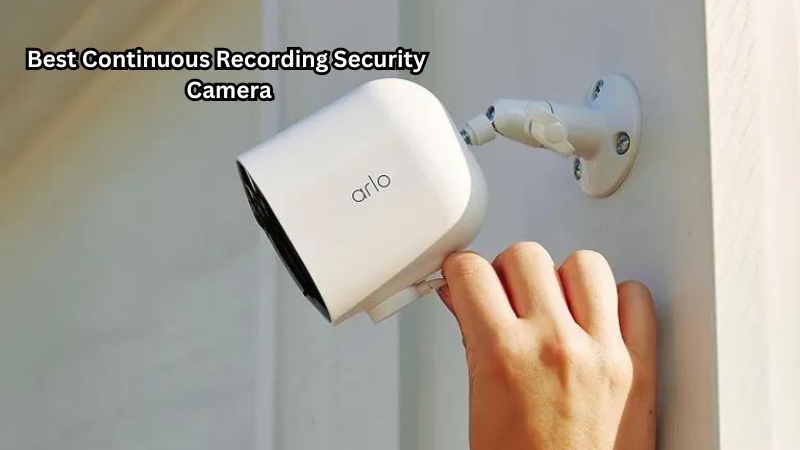When considering security measures, the impact of magnets on surveillance technology is a topic of intrigue. Can a simple magnet wield the power to disable a security camera, potentially compromising safety and surveillance efforts?
The interaction between magnets and security cameras raises questions about vulnerabilities and countermeasures in security systems. Understanding the nuances of this interaction is crucial for maintaining the integrity and effectiveness of surveillance setups.
This exploration explores the intriguing possibility of magnets affecting security cameras, shedding light on the potential risks and implications associated with such interactions.
The Basics of Security Cameras and Magnets
To understand the potential impact of magnets on security cameras, it's essential to first understand how both technologies work.
How Security Cameras Work
Security cameras operate using a combination of optics, electronics, and software to capture and process images or videos in real-time.
These systems typically consist of a lens, image sensor, processor, memory storage, and power supply. A camera lens captures light from the surrounding environment and focuses it onto an image sensor that converts it into electrical signals. The processor then processes these signals to produce a digital video file stored in memory for future retrieval or live-streaming purposes.
The type of security camera used may vary depending on the intended purpose and location of surveillance. For instance, outdoor security cameras are designed to withstand harsh weather conditions and have a longer range of vision, while indoor cameras may have features like two-way audio communication.
How Magnets Work
A magnet is an object that produces a magnetic field, which can attract or repel other objects made of certain materials like iron or steel. Magnets have two poles – north and south – with opposite polarities attracting each other, while similar polarities repel each other.
The strength of a magnet depends on its composition and size. Permanent magnets, such as those used in security systems, retain their magnetic properties for an extended period without external influence. Other magnets include electromagnets powered by electricity and temporary magnets that only exhibit magnetic properties when in a strong magnetic field. Magnetic sensors, such as metal detectors, use the magnetic field produced by a magnet to detect metallic objects.
Types of Security Cameras and Their Vulnerabilities to Magnets
The potential impact of magnets on security cameras varies depending on the type of camera used. While most modern security cameras are designed with robust materials, they still have certain vulnerabilities that magnets could exploit.
Analog Cameras
Analog cameras are the oldest form of security camera technology. They use analog signals to capture and transmit video footage. These cameras typically use a coaxial cable or phone line to connect to a digital video recorder (DVR) for storage and playback.
Due to their reliance on analog signals, these cameras can be vulnerable to magnetic interference. A CCTV camera may display distorted images or lose signal entirely in the presence of a strong magnetic field. Most security cameras today, however, use digital signals that are immune to magnetic interference.
Digital IP Cameras
Digital IP cameras are more modern security cameras that use an internet protocol (IP) network to transmit and store video footage. These cameras have a higher resolution and greater flexibility, as they can be accessed remotely from any device with an internet connection.
While digital IP cameras may not be as vulnerable to magnetic interference as analog cameras, there have been cases where magnets have disrupted their Wi-Fi signals or damaged the camera's electronic components. An IP camera is sensitive to magnets depending on its design and the strength of the magnetic field.
Protect security cameras by taking measures to prevent magnets from coming into contact with them, such as installing them away from magnetic objects or adding protective covers around the camera. Wireless cameras, CCTV cameras, and other types of surveillance systems may be vulnerable to magnets in varying degrees.
Can a Magnet Disable a Security Camera?
While magnets can indeed disrupt or damage security cameras, whether they can disable a camera entirely depends on various factors. These include the type and strength of the magnet, its proximity to the camera, and the susceptibility of the camera's materials.
In most cases, a small magnet placed near a security camera may only cause minor distortions or disruptions in video footage. However, if a strong magnet is brought close enough to an analog camera's lens or digital IP camera's electronic components, it could potentially damage them beyond repair.
Mitigating Risks and Protecting Security Cameras from Magnets
To ensure that security cameras remain functional and effective, it's essential to take precautions against potential magnetic interference. Some measures that can be taken include:
- Avoid placing security cameras near strong magnets or magnetic fields, such as those generated by speakers, motors, or power lines.
- Regularly inspect surveillance equipment for any signs of damage from magnets and replace/repair them promptly if necessary.
- Invest in high-quality security cameras with sturdy materials that are less susceptible to magnetic interference.
- Use a camera housing or cover to protect the lens and electronic components from potential magnet exposure.
By taking these precautions, you can help mitigate the risks associated with magnets and ensure that your security cameras remain functional and reliable. However, it's always best to consult a professional if you have concerns about the placement or operation of your security system.
The Impact of Magnets on Security Cameras
Given the basic understanding of how security cameras and magnets work, it's natural to question whether one can affect the other. While there may be some anecdotal evidence or urban legends about magnets disabling security cameras, there is no concrete scientific proof that this is possible.
The Myth
The myth that magnets can disable security cameras likely stems from various misconceptions about how these systems operate. Some people believe that placing a magnet near a camera lens could distort or block the image, rendering it useless. Others suggest that magnets can interfere with the camera's electronic components, causing them to malfunction.
The Reality
In reality, modern surveillance technology is designed to resist interference from external sources, including magnets. While it's possible for a strong magnet to disrupt or damage certain types of security cameras, it would require significant effort and proximity to the camera to cause any real harm.
Furthermore, most security systems have built-in features that can detect potential disruptions and automatically switch to backup recording methods if necessary. This means that even if a magnet were to interfere with one camera, the entire system would not be disabled.
Is It Illegal to Block Neighbors' Security Cameras?
While the use of magnets to disable neighbor's security cameras may seem like a creative solution to privacy concerns, it is important to note that tampering with someone else's property is illegal. Deliberately using magnets or any other means to block or disrupt a neighbor's security camera can be considered vandalism and could result in legal consequences.
If you have concerns about your neighbors' security cameras infringing on your privacy, it's best to address them directly with the individual or seek assistance from local authorities. Tampering with their equipment is not only illegal but also potentially dangerous for both parties involved.
FAQs
What will blind a security camera?
Blinding a security camera typically refers to obstructing the camera's view or disrupting its function. This can be achieved through various means, including physical barriers, strong lights, or interference from magnetic fields.
Can a magnet disable a security camera equipped with motion detection technology?
While magnets may interfere with certain components of a security camera, their impact on motion detection systems can vary. It's essential to understand the specific mechanisms at play to assess the potential effects accurately.
How does a magnet featuring wide-angle lenses interact with security cameras?
The presence of a magnet near a security camera with wide-angle lenses can potentially distort or obstruct the lens view, affecting the overall surveillance capabilities.
Can a laser pointer be used to disrupt or disable a security camera?
Similar to magnets, laser pointers may cause disruptions or distortions in security camera footage but cannot disable them entirely. And infrared laser options also can interfere with night vision cameras by affecting their infrared sensors.
Conclusion
In conclusion, the potential impact of magnets on security cameras underscores the need for a comprehensive understanding of surveillance system vulnerabilities.
While magnets may have the capacity to interfere with certain components of security cameras, the extent of their influence varies based on the camera's design and technology. This nuanced relationship necessitates caution and proactive measures to safeguard against potential disruptions.
Security professionals must remain vigilant in assessing and mitigating risks associated with external factors like magnets to ensure the consistent and reliable operation of surveillance systems.
By staying informed and implementing appropriate safeguards, the integrity and effectiveness of security camera installations can be maintained to uphold the safety and security of protected premises.
